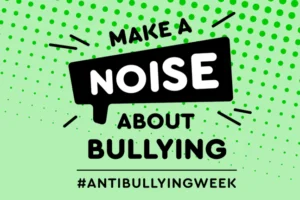Having a conversation about the issue
In many ways, important taboos have been broken. Dad’s ‘Awkward Conversation’ or Mum’s constant ‘reminders’ about issues around drugs, alcohol abuse or sexual education is now commonplace for teens—almost a rite of passage.
The same is not true of conversations about extremism and terrorism. There needs to be a change. Families often face a range of worries here. First, parents may not know what to say. Second, they may fear being stigmatised. Third, they may be unaware that their child is veering towards extremist views.
As the phenomenon of online radicalisation and recruitment of our young people from all sections of society is set to continue, it is vital that we invest in resilience-building measures now.
Important role of families to deter children from extremist ideas
Families are on the frontline in this battle for ideas. They can play a critical role in providing an emotional alternative to the exaggerated ideas of extremists. Research shows that families are a decisive factor in limiting the pull factor of extremism in communities. This is why it is crucial that families do more. And that is why providing them with confidence and support is essential.
You don’t need to be an imam or a counter-terrorism official to know that your child is in difficulty and taking dangerous pathways. It can be a matter of intuition and we should value a parent’s intuition. More importantly, you know your child better than anyone else—so trust your gut.
Steps to safeguarding children from radicalisation
But it is not just spotting the signs of radicalisation; there are steps that can be taken to safeguard your loved ones ahead of time. Educating your children and having an open and honest conversation about these dangers (radicalisation, extremism and terrorism) allows us to frame the issue before extremists do.
These things aren’t as hard as they might initially sound, and we know how to do them. Extremism and terrorism are somewhat similar to the issues mentioned earlier.
The profiles of known terrorists and extremists often reveal previous lives of emotional instability, drug taking, criminality and other mental challenging mental issues, which can be commonplace in young people.
Extremism is an exploitative process just like grooming and targets developmental issues that all young people face. And just as parents have become increasingly skilled at tackling these issues, and support networks have been formed to help them, so too must we work together to prevent radicalisation and counter extremism.





